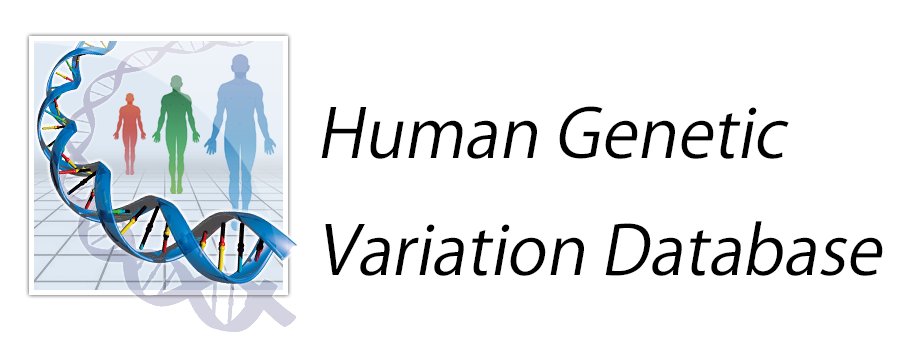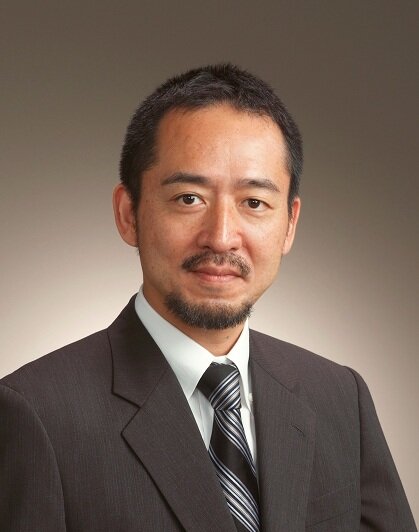ジェノコンシェルジュ京都株式会社は革新的な生命情報科学による最先端の医療を実現します
GenoConcierge Kyoto provides advanced patient care through innovative bioinformatics
日本人を含め、世界の人口の約6〜8%は何らかの難病(希少難治性疾患)を持つといわれています。難病の種類は多く、現在までに約10,000の疾患が報告されていますが、それぞれの疾患の希少性から患者の迅速な診断は極めて困難で、また原因解明のための研究も期待通りに進んでいないのが現状です。その結果、有効な治療法や治療薬の開発に成功した疾患は難病全体のごく一部にとどまり、大多数の患者は治癒に向けての光明の見えぬまま長い間苦痛を強いられています。
一方で、情報科学の医学への応用は目覚ましい発展を遂げています。とりわけ人工知能を利用して最新の測定・分析技術で得られたゲノム・オミックス情報に質の高い臨床情報を統合した生命ビッグデータを解析する新たな手法は、今後の難病の診断法や治療法開発において中心的役割を果たすことが期待されます。しかしながらこのような手法には、臨床医学やゲノム医学に加えて、情報学、計算機科学、数学、統計学等の多分野の知識を融合したデータ解析技術が要求されるため、これらの領域の専門家による異分野融合型の研究体制を構築するためには多大な費用や時間が必要なことが大きな課題です。
ジェノコンシェルジュ京都は、この課題を解決すべく学際的な取り組みを通じて人工知能や高度なデータ解析技術の開発を進めてきました。そしてこれらを統合した解析プラットフォームを研究機関や企業に提供することで、難病研究に対する最大限の研究支援を行い、難病の原因解明の一層の加速と治療法開発や創薬の早期実現に貢献します。
Approximately 6 to 8% of the world's population, including the Japanese, is considered to have rare diseases. Although more than 10,000 diseases have been described to date, the number of patients is extremely small for the majority of these diseases. Due to their rarity, diagnosis is difficult and research for elucidating their etiology is not making as satisfactory progress as hoped. As a result, effective treatments and drug discovery have been successfully developed for only a small number of these diseases and the majority of the patients have suffered for many years without the hope of a cure.
By contrast, the application of information science to medicine has made remarkable progress. Novel analytical methodologies with artificial intelligence using life big data that combines high-quality clinical information with genome/omics data obtained by the cutting-edge analysis technology are expected to make a large contribution to the development of diagnosis and treatments for rare diseases. However, such analyses require integrated knowledge from various research areas such as informatics, computer science, mathematics, and statistics, in addition to clinical and genomic medicine. It is, therefore, challenging to build a multidisciplinary research infrastructure consisting of experts in different fields, which requires a great deal of expense and time.
To solve this problem, GenoConcierge Kyoto has been developing artificial intelligence and advanced data analysis technologies through interdisciplinary efforts. By providing an integrated analysis platform for research groups and industries that undertake rare disease studies, we will contribute to accelerating the elucidation of the etiology of rare diseases as well as the advancement of therapeutic approaches and drug discovery.












